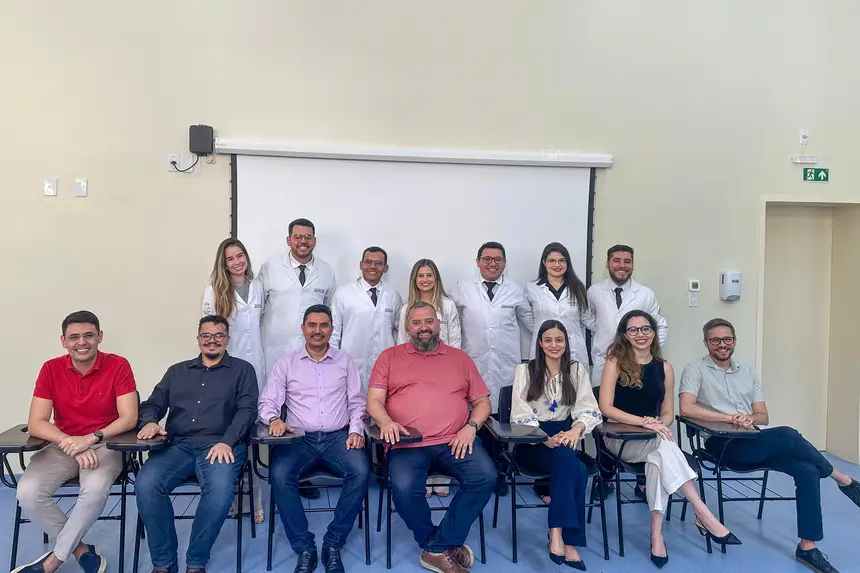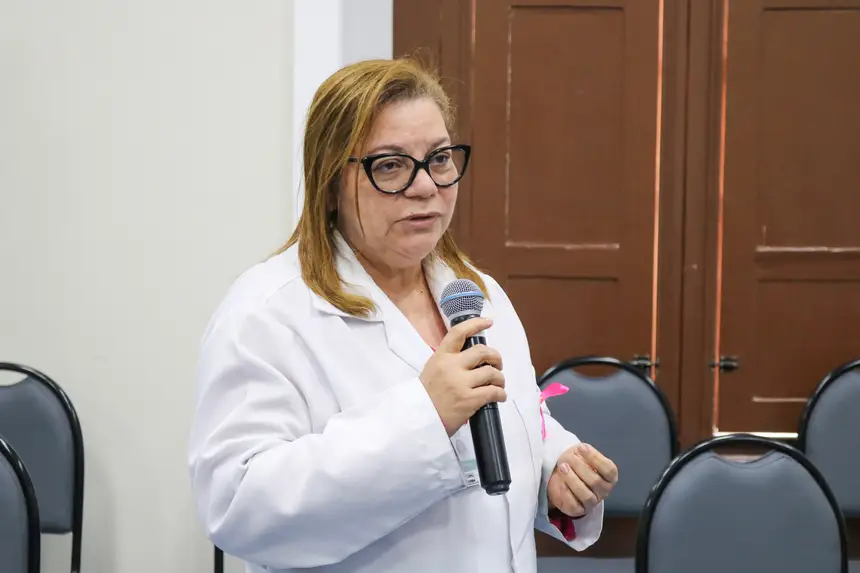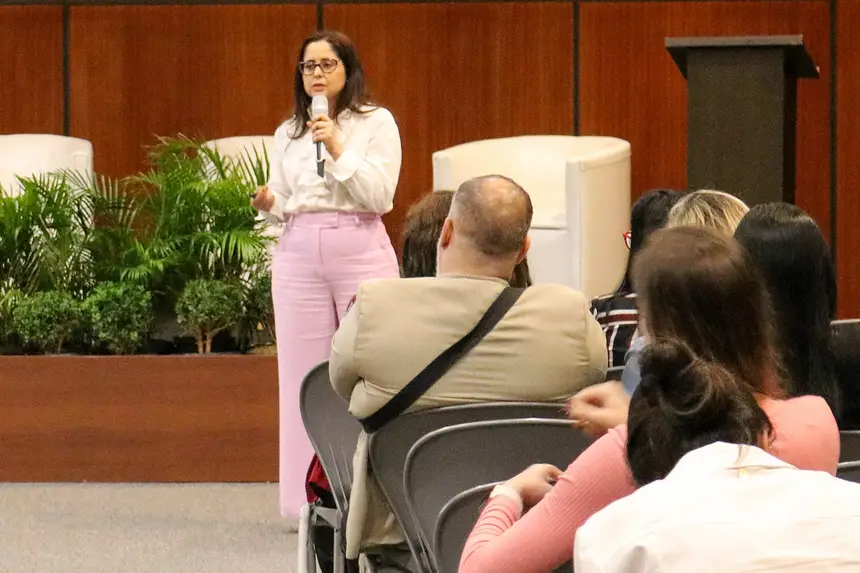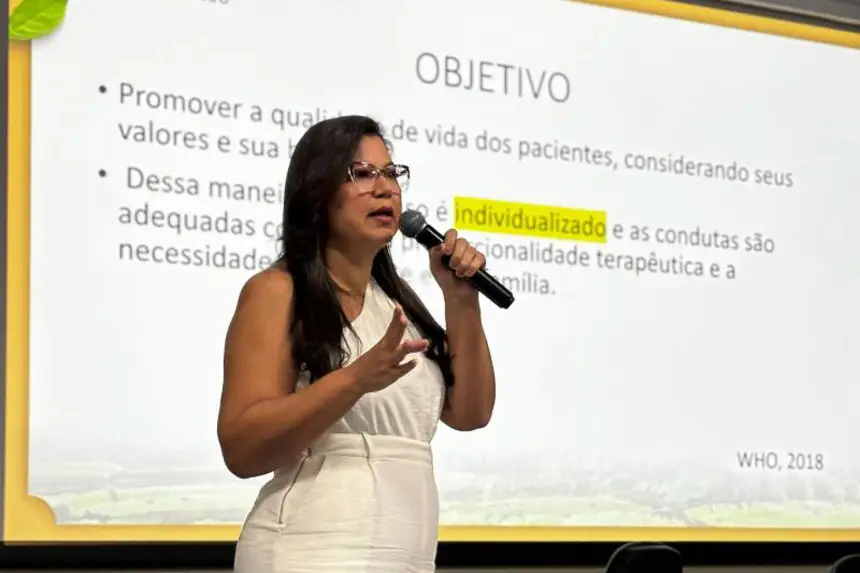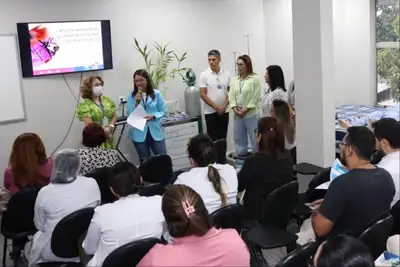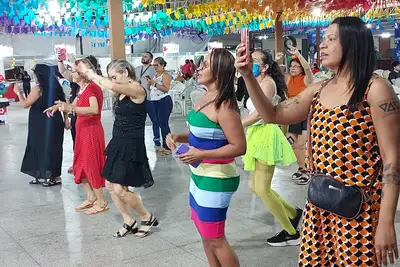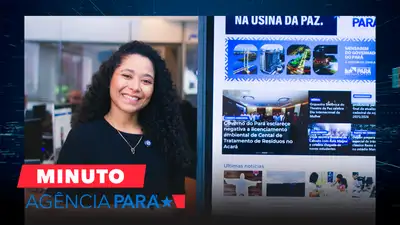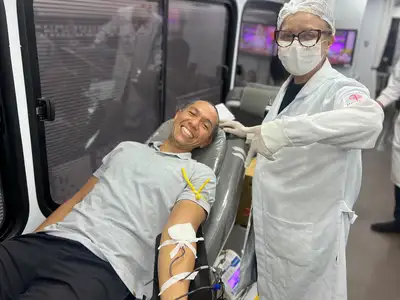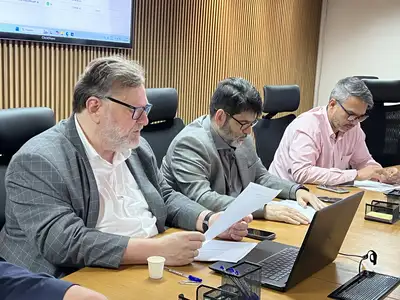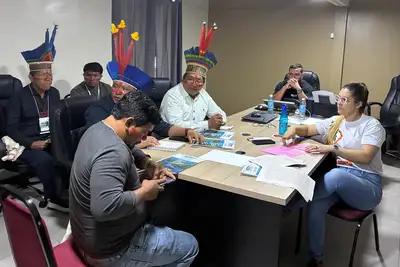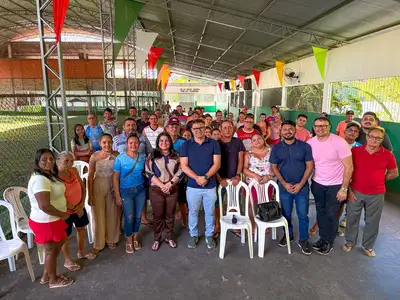Resident doctors from Santa Casa do Pará defend their final projects in their areas of expertise at the hospital
48 female and male doctors are presenting their final projects for medical residency this week
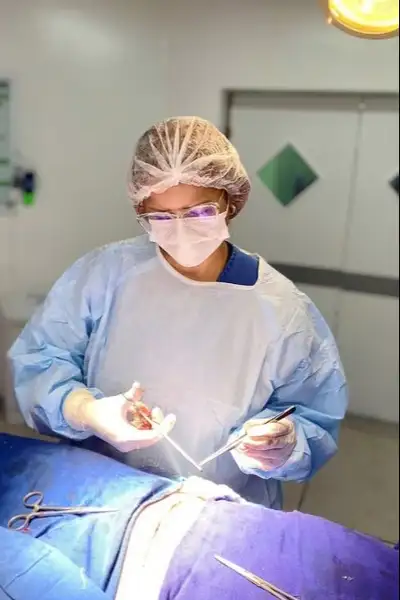
The Santa Casa Foundation has been fundamental in training professionals in the Health area over the past few years. The institution is one of the pioneers in implementing medical residency programs in the State. Besides being a hospital, it is a school that enhances professionals for the job market.
The majority of these professionals are admitted throughout Brazil, contributing to the expansion of health services to the Brazilian population. In this last week of November, 48 resident female and male doctors from the institution are presenting their final projects for specialization.
Rute Caroline Soares, who completed her residency in Gynecology and Obstetrics, highlights the final presentation as a very important step for a medical career. “It is the conclusion of the residency and a final step towards achieving our specialist title. Medical residency is definitely a differentiator in the life of a health professional, and I always say that there are two professionals in me, one before going through this process over the last three years and another after medical residency.”
“So, they are completely different worlds, a person who managed to do the residency versus a professional who did not enter medical residency. I am very grateful to Santa Casa, to all the preceptors who really take our hands to teach, and that is very important. I am also very proud to be part of the institution, which is certainly the largest in the northern region, and which prepares health professionals for whatever comes in the world outside,” points out Rute Soares.
Nelma Machado, medical coordinator of the adult ICUs at Santa Casa and preceptor of the Medical Residency for Intensive Care Medicine, says that the Residency is one of the most important pillars of medical training. “It provides practical and intensive training under the supervision of teachers, supervision of technical teams, not only from the medical part but from an entire multidisciplinary team, nurses, physiotherapists, psychologists, social workers, and at Santa Casa we make sure that the Residency has a completely multidisciplinary, transdisciplinary character so that these doctors leave informed about all their competencies.”
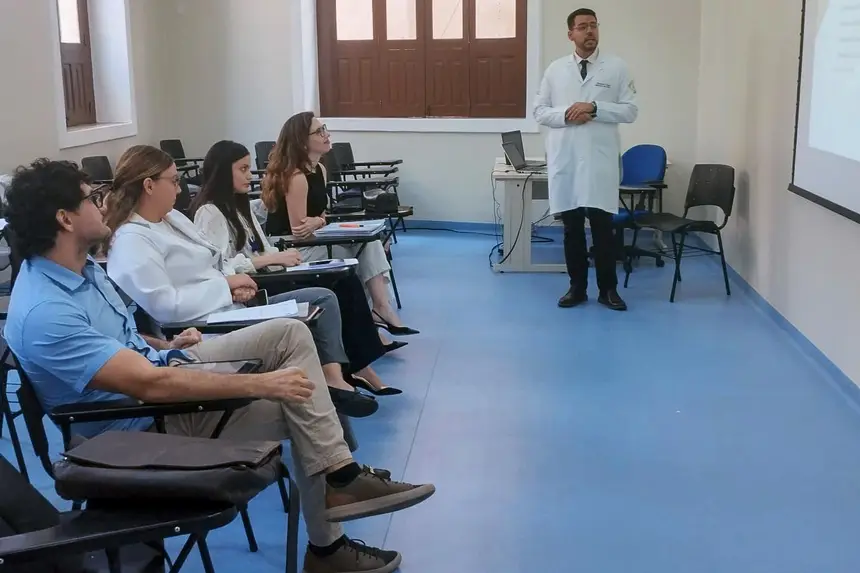
Patrícia Carvalho, coordinator of Coreme (Medical Residency Commission) of the Santa Casa Foundation, emphasizes that the institution acts as one of the main centers for specialized training in northern Brazil, directly contributing to the availability of qualified doctors who understand the geographical, epidemiological, and social reality of the Amazon. “This is fundamental for communication with the patient, ensuring efficient care. And being a reference in areas such as maternal-infant, neonatology, intensive therapy, transplants, which are central activities for a structuring hospital in the Amazon region.”
“Medical residency helps prepare specialists capable of dealing with the complexity and local particularities: tropical diseases, care for newborns, obstetric complications, resource shortages, vast distances, and vulnerable populations. Moreover, by offering specialized medical training in Pará, Santa Casa encourages trained doctors to remain in the State, serving the SUS. This enhances care coverage in the interior, urban peripheries, and other less assisted regions of the Amazon, promoting equity in access to health,” explains the Coreme coordinator.
Qualification in Health - Erika Gomes Cavalcante, director of Teaching, Research, and Extension (Depe), emphasizes the training work in medical residency. “Doctors stay at the institution for two to three years, in a continuous process of improvement and technical training. The Presentation Journey of Final Projects of Medical Residency is a moment of extreme importance within the training of new specialist doctors.”
“Through the realization of these projects, we encourage research, qualify our residents, and can identify points for improvement in teaching, management, and, above all, in assisting our patients. It is a gain for the scientific community but especially for the patients, who reap the benefits of improved assistance through evidence-based productions,” highlights Dr. Erika.
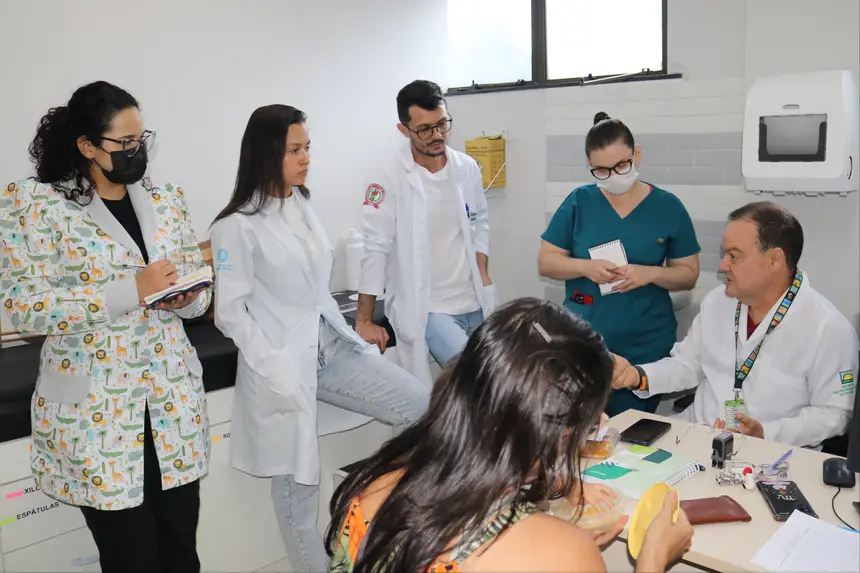
In addition to Medical Residency, the Santa Casa Foundation offers vacancies in 12 programs and absorbs around 60 doctors annually, has a Multiprofessional Residency that selects 36 health professionals each year, as well as a Professional Master's program that offers 12 vacancies/year.
Norma Assunção, technical and assistance director of the Santa Casa Foundation, believes that the extensive training offered by the institution contributes to health assistance for the hospital itself and for society as a whole, during and after specializations.
“Training these people is truly delivering qualified professionals to society for the care of our population and also enabling these people to potentially become professionals in our institution, being welcomed by the institution that trained them. So Santa Casa can be training our next professionals and possible managers here, ensuring the population a dignified, qualified, and safe health assistance,” emphasizes the manager.



